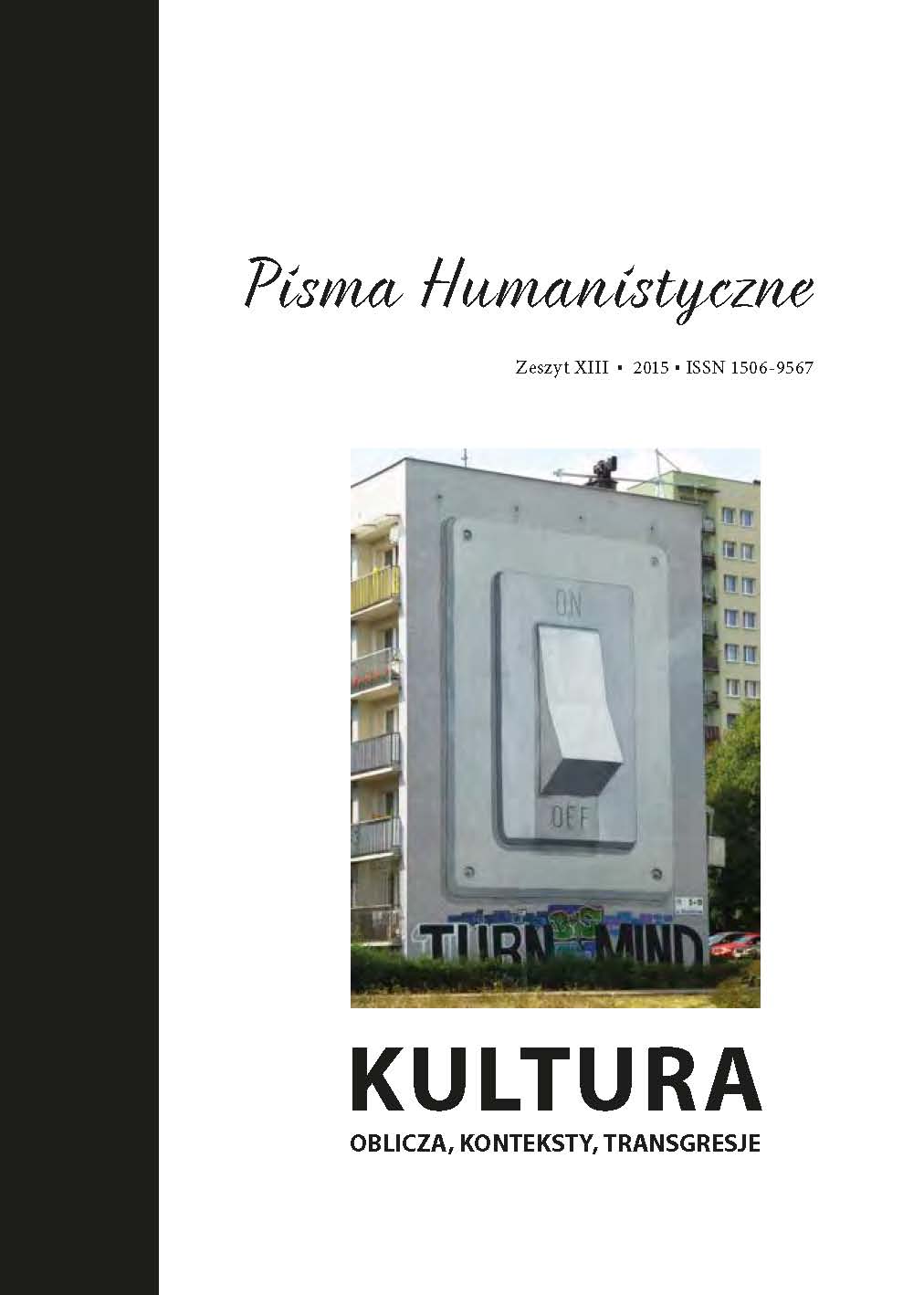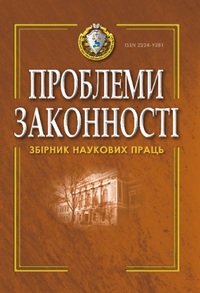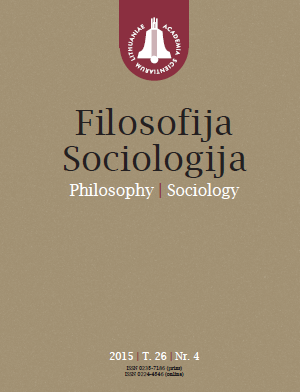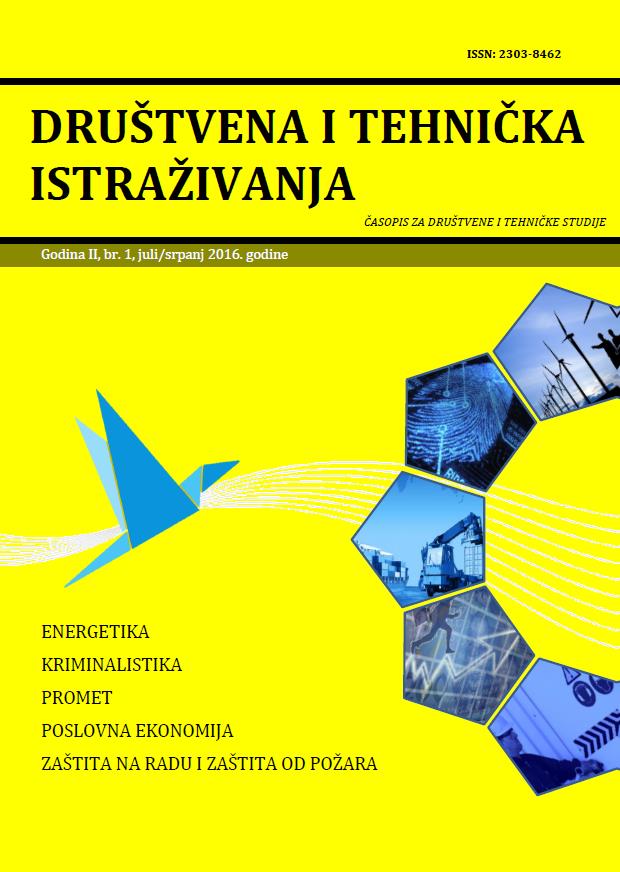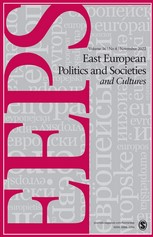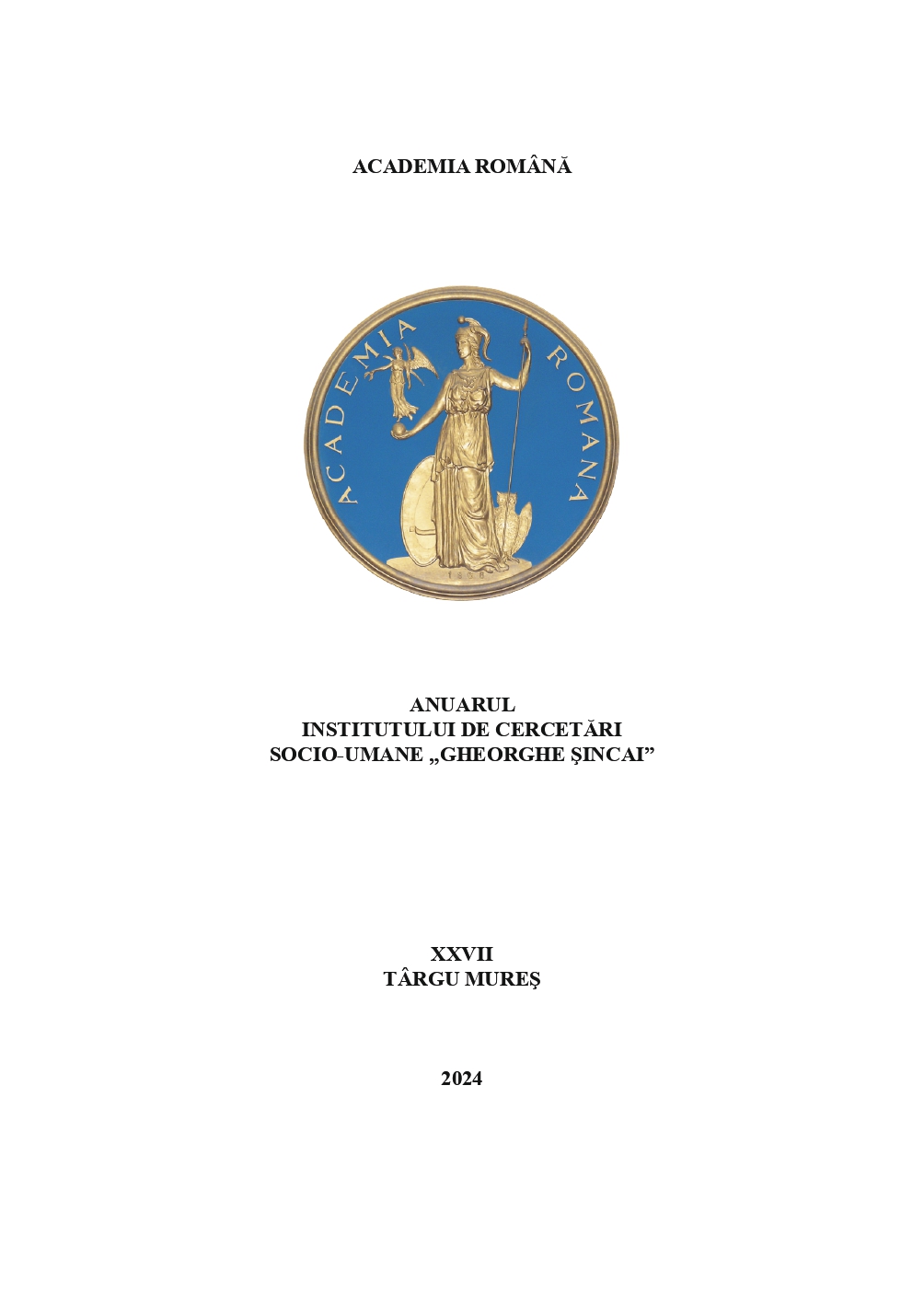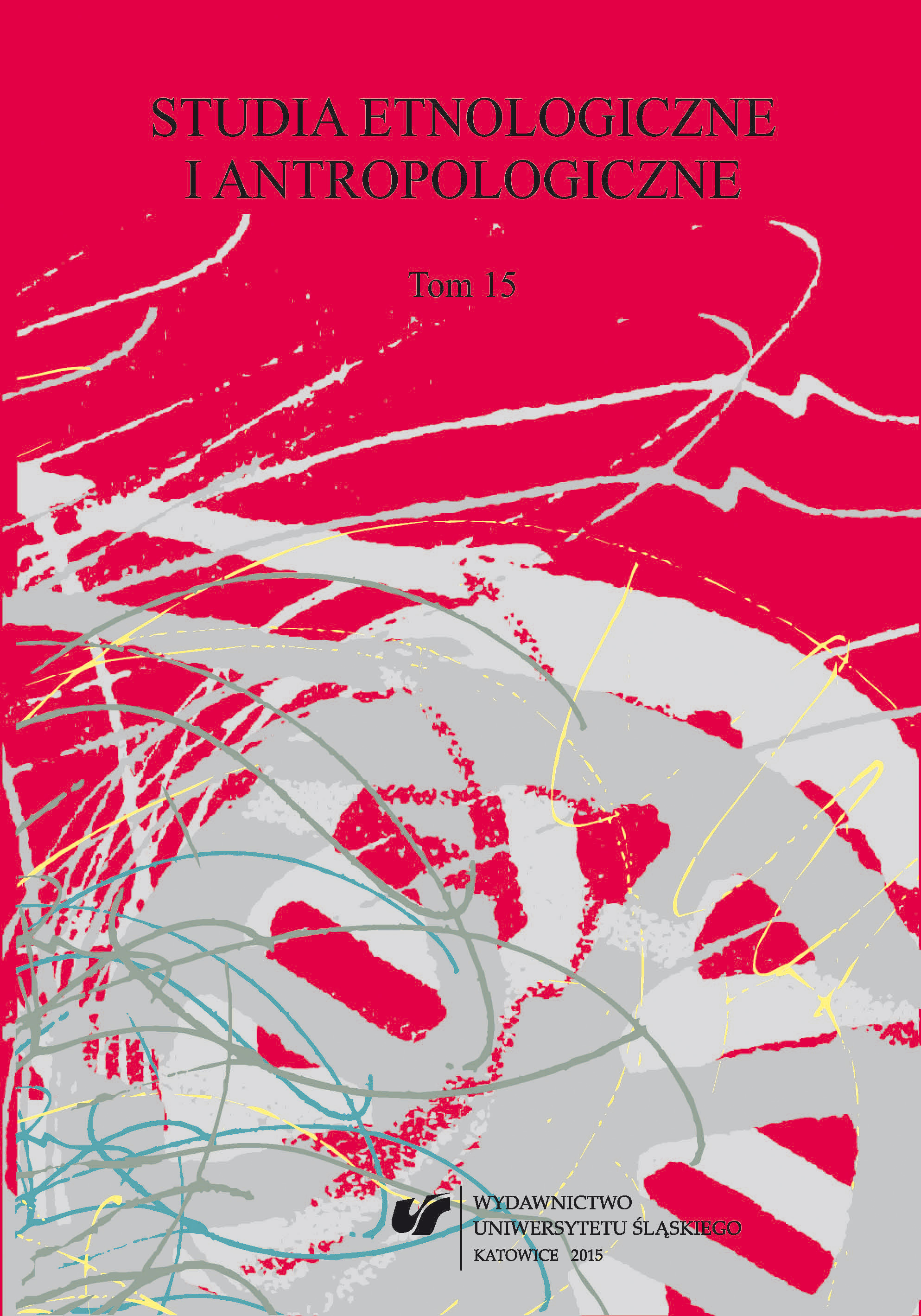
Miejska ulica jako przestrzeń życia politycznego — między ładem cenzury a żywiołem buntu
This paper regards the urban street as social space, where different symbolic interactions occur between individuals and groups of people. The established social and political order within this space happens to be disturbed by different forms of protest. An article attempts to compare the course of riots in former times to those at present. The comparison implies that the functional grandness of the urban street belongs to the past. This is mainly caused by new legal regulations restricting freedom of assembly and the new tele-electronic media space, and by a deepening division of the Polish society into different groups of interest, and its consequent inability to consolidate. An indirect cause also is the new order and mentality developed in democratic societies and by a consumeristic lifestyle.
More...
